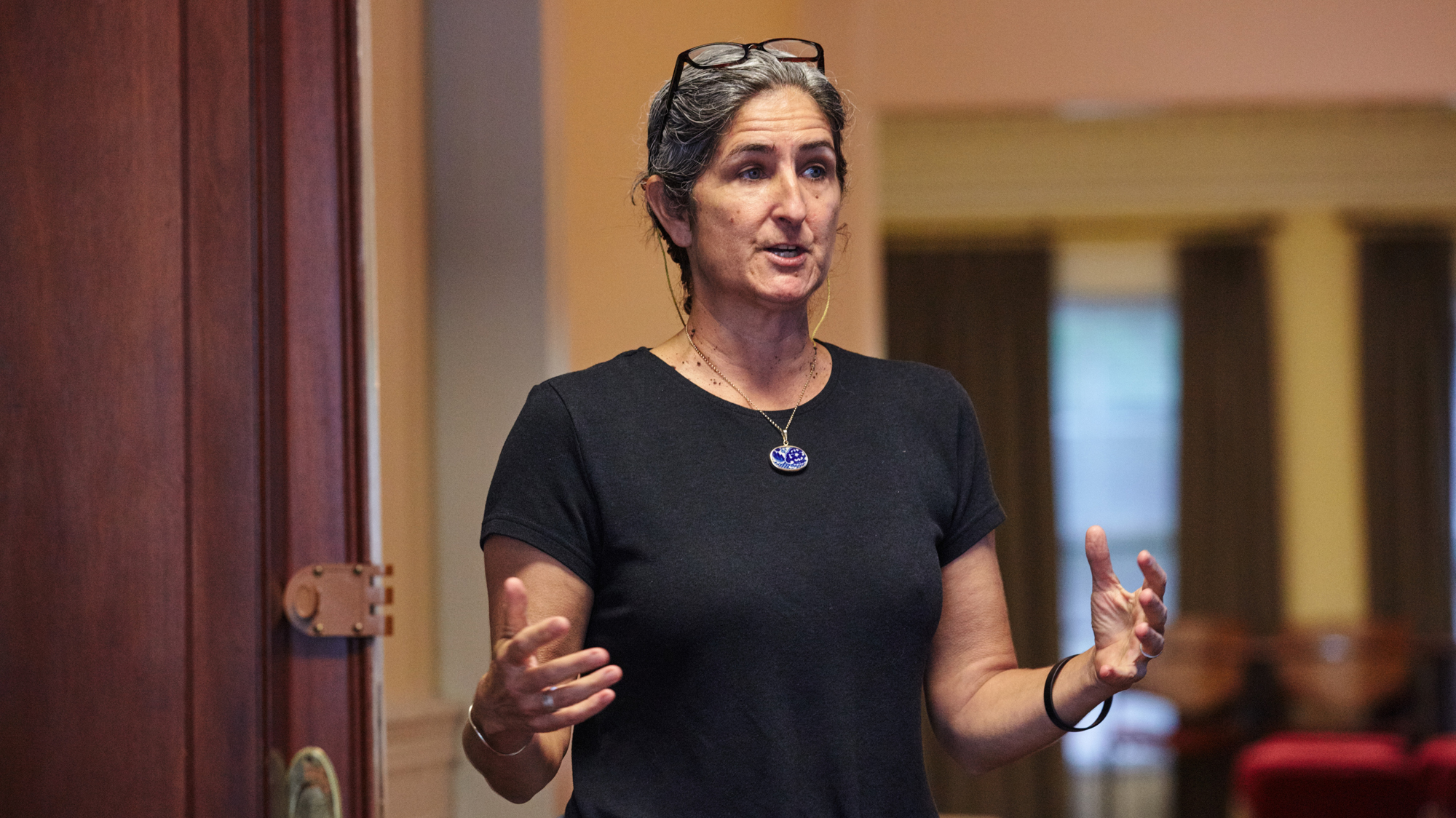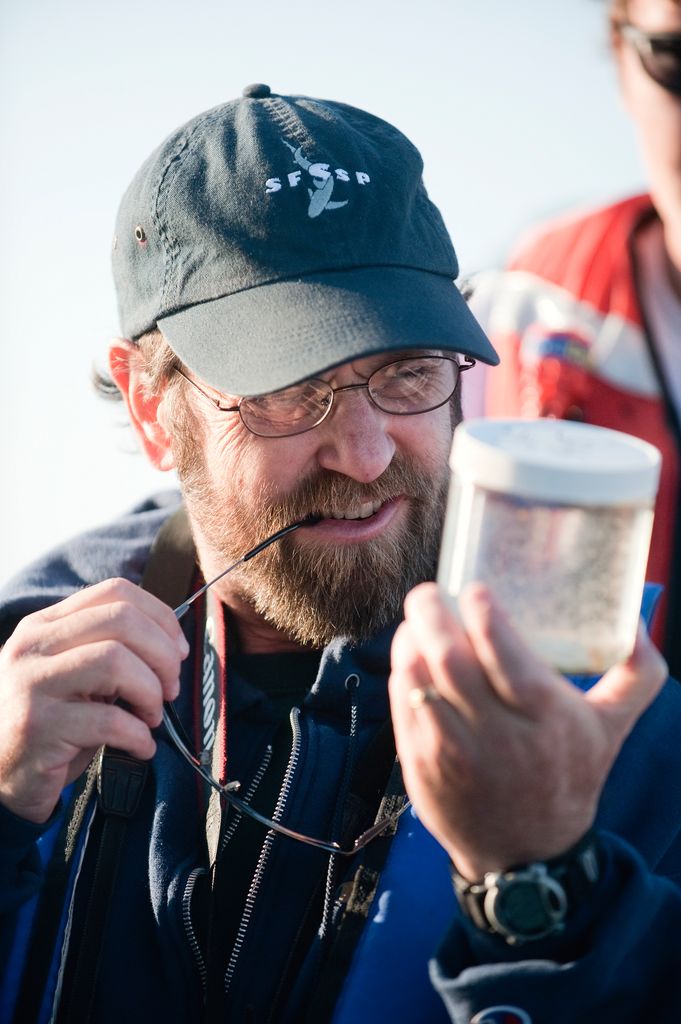Kaufman, Garfield Co-Author Study on Florida Keys Coral Restoration Projects

Les Kaufman, a Professor in the Department of Biology and a Pardee Center Faculty Associate, and Eliza Garfield, a 2015 Pardee Center Graduate Summer Fellow, are among the co-authors of a new analysis of coral reef restoration projects in the Florida Keys National Marine Sanctuary published in the journal PLOS ONE.
Since the 1970s, staghorn coral populations have declined by over 90 percent in the Caribbean. Beginning in 2007, the Coral Restoration Foundation™ began evaluating the feasibility of “outplanting,” a process in which corals are cultivated in a protected area and then transplanted to reefs to restore populations. This study reports on the outplanting of 2,419 coral colonies to 20 different sites between 2007 and 2013.

“The paper is the first comprehensive, large-scale analysis of the survival of artificially propagated staghorn coral genets placed out on the reefs of South Florida,” said Prof. Kaufman.
The results show that outplanting protects against local extinction and helps maintain genetic diversity of coral in the wild, but that reducing stressors (e.g. disease and bleaching as a result of climate change) is needed to see significant population recovery.
“The work is continuing in the form of a collaborative analysis of reef community evolution in experimentally restored and unrestored reef habitats, in which several Boston University Marine Program (BUMP) undergraduates are involved,” said Prof. Kaufman.
The paper stems, in part, from Garfield’s research as a Pardee Center Graduate Summer Fellow in 2015, where she explored the implications of new coral restoration methodologies that could enhance long-term reef survival.
The study is also part of the Caribbean node of the Pardee Center’s Coupled Human and Natural Systems (CHANS) research program, which Prof. Kaufman leads. The CHANS program investigates how governance, social, and economic systems are intricately connected to natural systems, how we can better explore those connections, and how to better understand the trade-offs that confront those making resource management decisions. The research encompasses four geographic areas: Cambodia (Tonle Sap and the Mekong Delta), East Africa (Lake Victoria), South Florida and Belize (the tropical west Atlantic and Caribbean Basin), and the Gulf of Maine.